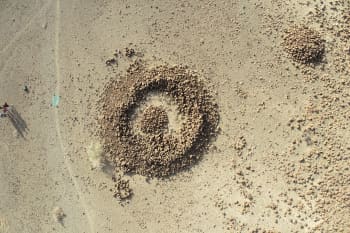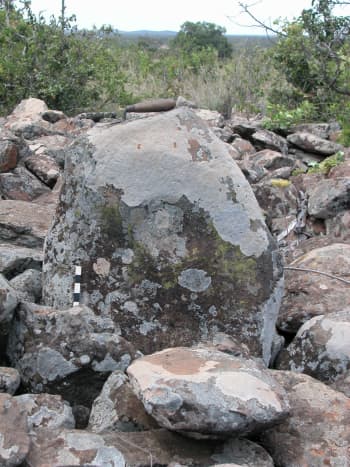Professor Paul Lane awarded ERC Advanced Grant
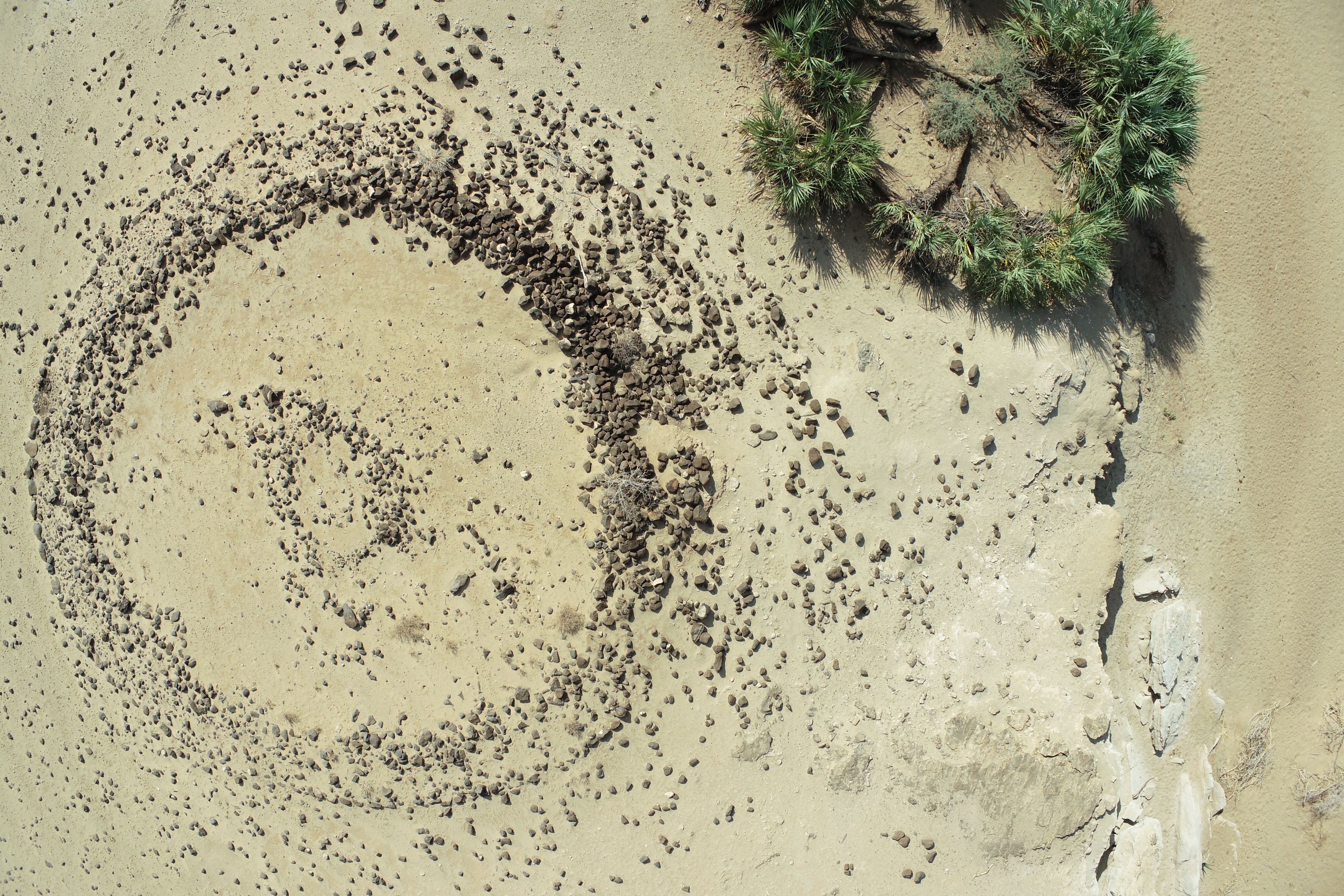
The European Research Council (ERC) has announced the names of 255 outstanding research leaders in Europe set to be awarded ERC Advanced Grants. Four successful candidates are from the University of Cambridge. Professor Paul Lane, has been awarded an ERC Advanced Grant for his project LHEAAPS. The project will be based here at the Department of Archaeology, University of Cambridge.
Prof Lane is the first incumbent in the role of Jennifer Ward Oppenheimer Professor of the Deep History and Archaeology of Africa. He obtained his BA (Hons) in Archaeology and Anthropology (1979) and PhD in Archaeology (1986) at the University of Cambridge. He is also a former Director of the British Institute in Eastern Africa and former President of the Society of Africanist Archaeologists. Before joining the Department at Cambridge, he was Professor of Global Archaeology at Uppsala University, Sweden.
Prof Lane is an anthropologically and historically oriented archaeologist, who specialises in the later Holocene archaeology of sub-Saharan Africa. He has lived in and undertaken archaeological and/or ethnoarchaeological research in Mali, Kenya, Tanzania and Botswana, and has also undertaken archaeological field research in Mozambique, Senegal and South Sudan.
Amongst teaching and other research, he is currently Principal Investigator for MAEASaM (Mapping Africa’s Endangered Archaeological Sites and Monuments), an Arcadia funded project. The project aims to identify and document endangered archaeological heritage sites across Africa using a combination of remote sensing, records-based research, and selective archaeological surveys.
Prof Paul Lane with Dr Habiba Chirchir, speaker at the most recent Jennifer Ward Oppenheimer Annual Lecture, Lmasantan Bulyar and Prof Cyprian Broodbank, Director of the McDonald Institute | Image credit: Lydia Clough/Department of Archaeology
Prof Paul Lane with Dr Habiba Chirchir, speaker at the most recent Jennifer Ward Oppenheimer Annual Lecture, Lmasantan Bulyar and Prof Cyprian Broodbank, Director of the McDonald Institute | Image credit: Lydia Clough/Department of Archaeology
"Pastoralism has been an extraordinarily resilient livelihood strategy across Africa. This project provides an excellent opportunity to reconstruct how East Africa’s pastoralists responded to significant climate change in the past, and to draw lessons from these adaptations for responding to contemporary climate crises in a region that is witnessing heightened water scarcity and loss of access to critically important grazing lands."
Professor Paul Lane
LHEAAPS (Landscape Historical Ecology and Archaeology of Ancient Pastoral Societies in Kenya)
LHEAAPS aims to reconstruct the past adaptive strategies of East African pastoralists, and their relative resilience to environmental shocks under different systems of land management, rangeland access, and population and livestock densities across Kenya. The research is designed to generate knowledge that has applied value geared toward enhancing the socio-ecological and cultural resilience and sustainable livelihood strategies of contemporary pastoral societies in the face of current global challenges.
The project has four main research questions:
1What were the responses of past herding societies to environmental shocks (e.g., prolonged drought, extreme flooding, epizootic diseases, locusts) in the past and how do these compare with current responses? Can evidence for enhanced or reduced vulnerability and resilience be detected archaeologically?
2How did pastoralist livelihoods in the study area respond to changes in mobility, and what were the cultural and socio-ecological consequences of these actions? Is there evidence to suggest pastoralist societies had more effective risk buffering strategies that strengthened resilience in the past compared with now, and if so, what were they?
3 What strategies previously practiced in the area could enhance sustainability in the contemporary context of decreased access to mobile exploitation of natural resources and pressures towards sedentism and seasonal transhumance?
4 What role can traditional ecological knowledge and pastoralist biocultural heritage play in enhancing contemporary socio-ecological and cultural resilience in the face of climatic stress?
Once sites have been identified through archaeological survey, remote sensing and oral history, new material will be analysed through a combination of bioarchaeological, geoarchaeological and archaeometry techniques.
The project aims to develop policy briefs and white papers to inform future-oriented land use and environmental management, as well as supporting sustainable development. The research team will engage with local groups through school visits, community meetings and a travelling exhibition.
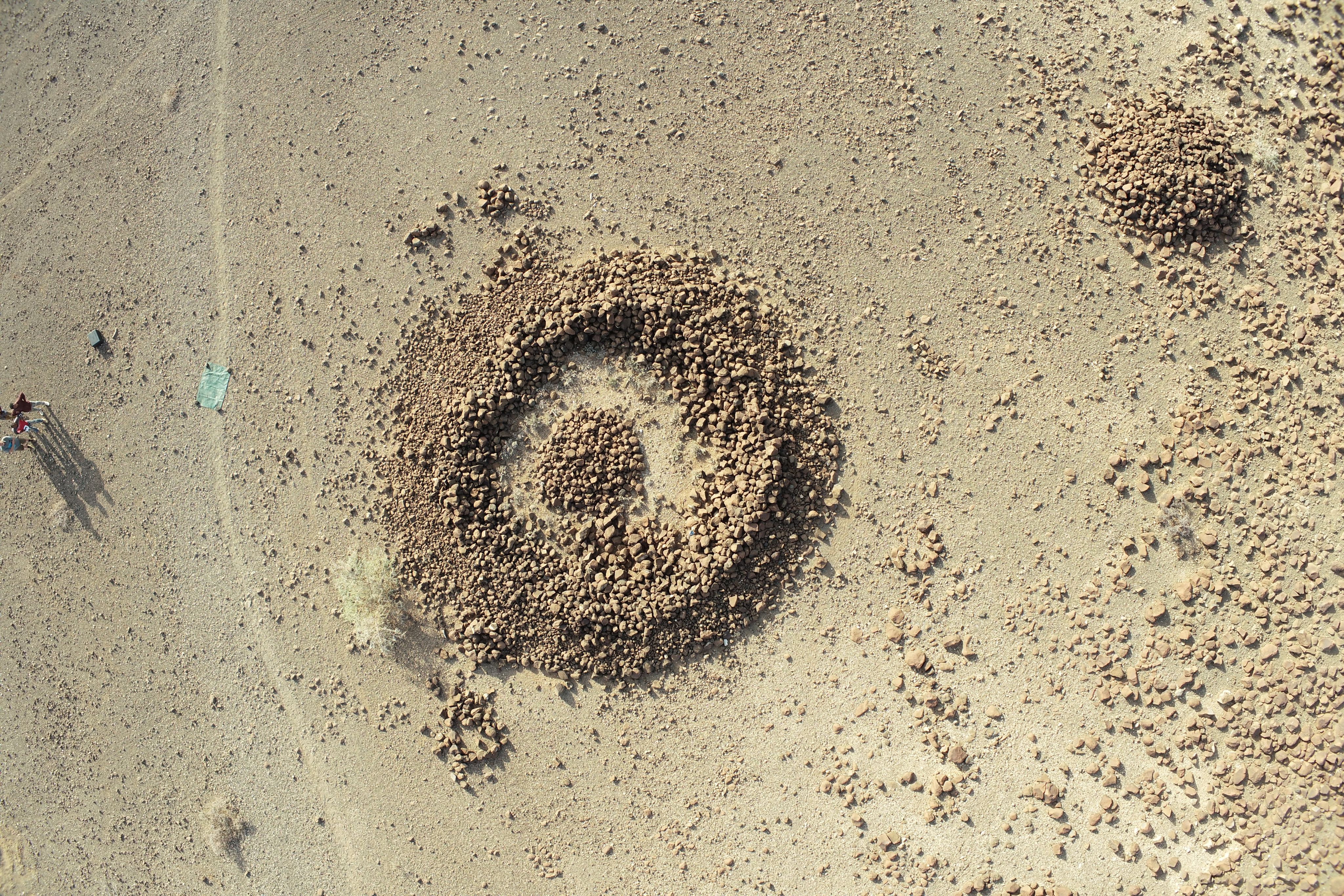
Kenyan and British students and BIEA staff excavating an eighteenth century Pastoral Iron Age (PIA) site in the Lolldaiga Hills, Kenya | Image credit: Paul Lane
Kenyan and British students and BIEA staff excavating an eighteenth century Pastoral Iron Age (PIA) site in the Lolldaiga Hills, Kenya | Image credit: Paul Lane
Shattered PIA pot, Lolldaiga Hills, Kenya | Image credit: Paul Lane
Shattered PIA pot, Lolldaiga Hills, Kenya | Image credit: Paul Lane
Pastoralist rock art, Ol Ngoroi rockshelter, Lolldaiga, Kenya | Image credit: Paul Lane
Pastoralist rock art, Ol Ngoroi rockshelter, Lolldaiga, Kenya | Image credit: Paul Lane
Excavation of a PIA rubbish midden to recover faunal remains for isotopic analysis, Lolldaiga Hills, Kenya | Image credit: Paul Lane
Excavation of a PIA rubbish midden to recover faunal remains for isotopic analysis, Lolldaiga Hills, Kenya | Image credit: Paul Lane
The project team will include a post-doctoral fellow and two doctoral candidates, specifically recruited for the project. Internal project collaborators include Professor Marcos Martinón-Torres, Dr Tamsin O’Connell, Dr Enrico Crema and Dr Stefania Merlo, who will also provide supervisory support for the PhD candidates, and Mr David Redhouse, who will provide technical support for the GIS and remote sensing elements. The team will work closely with research scientists at the National Museums of Kenya, especially palaeoecologists and archaeologists, the British Institute in Eastern Africa, and the Department of Chemistry, University of Bristol. Team members will also work with the wider MAEASaM project, especially with data sharing and methods development.
The project builds on Prof Lane’s research interest and expertise in the deep histories and historical ecologies of East African landscapes that began while he was based at the BIEA with funding from the British Academy, and was extended while he held a Marie Curie Excellence grant (Historical Ecologies of East African Landscapes) at the University of York, and coordinated a Marie Curie International Training Network (Resilience in East African Landscapes) and managed the Swedish Research Council- and Sida-funded research project on Adaptation and Resilience to Climate Change while at Uppsala University. Ongoing work funded by the McDonald Institute on a Pastoral Iron Age burial ossuary in north-central Kenya and on the archaeology and heritage of wells in northern Kenya and southern Ethiopia, originally funded by the British Academy, also align with the wider project goals.
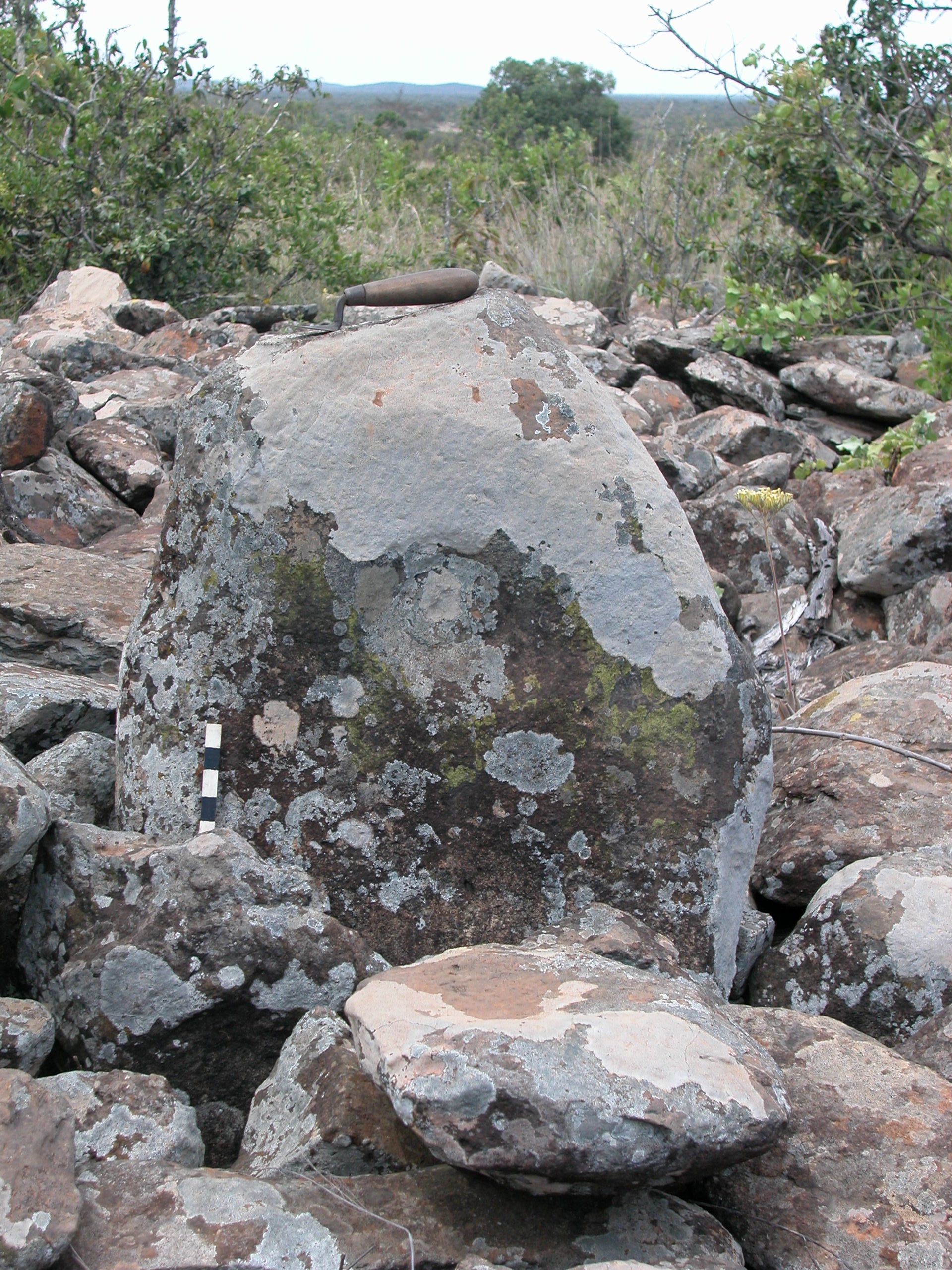
"The opportunity to run this project at Cambridge will allow us to utilise the department’s world-leading archaeological science laboratories and expertise to answer crucial questions about past patterns of mobility, dietary diversity, climatic regimes and food security among East African pastoralists over the last fifteen hundred years. This has never been attempted before for this time period."
Professor Paul Lane
ERC funding is amongst the EU’s most prestigious and competitive, providing leading senior researchers with the opportunity to pursue ambitious, curiosity-driven projects that could lead to major scientific breakthroughs. The new grants, worth in total nearly €652 million, are part of the EU’s Horizon Europe programme.
This competition attracted 1,829 proposals, which were reviewed by panels of internationally renowned researchers. Nearly fourteen percent of proposals were selected for funding. Estimates show that the grants will create 2,480 jobs in teams of new grantees.
The ERC, set up by the European Union in 2007, is the premier European funding organisation for excellent frontier research. It funds creative researchers of any nationality and age, to run projects based across Europe. The ERC offers four core grant schemes: Starting Grants, Consolidator Grants, Advanced Grants and Synergy Grants.

Published 11 April 2024
The text in this work is licensed under a Creative Commons Attribution 4.0 International License
Some text adapted from ERC press release



